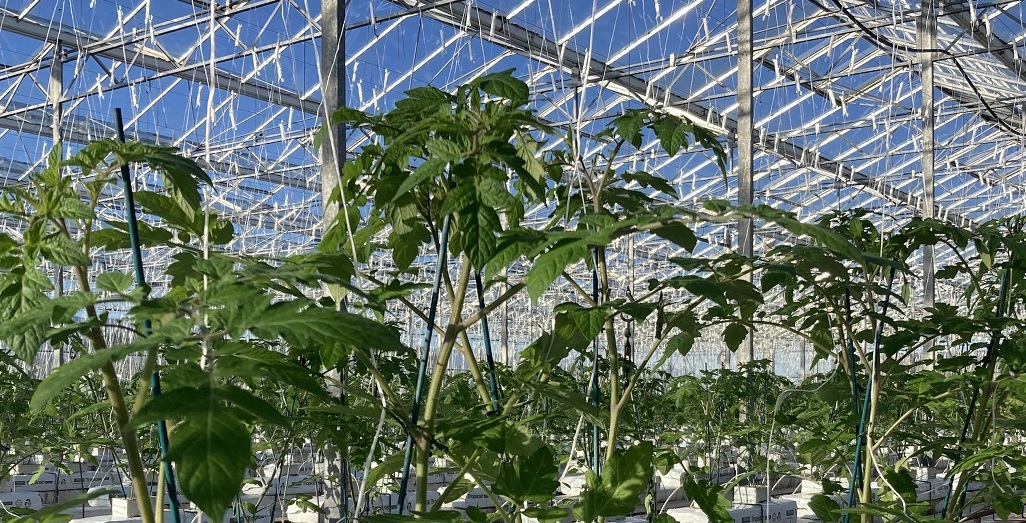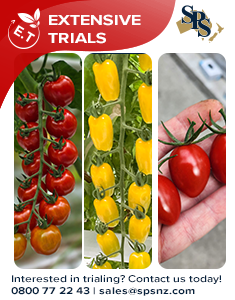Sign up here to subscribe to the Grower2grower Ezine. Every two weeks you will receive new articles, specific to the protected cropping industry, informing you of industry news and events straight to your inbox.
Mar 2021
Prepare as if we already have ToBRFV
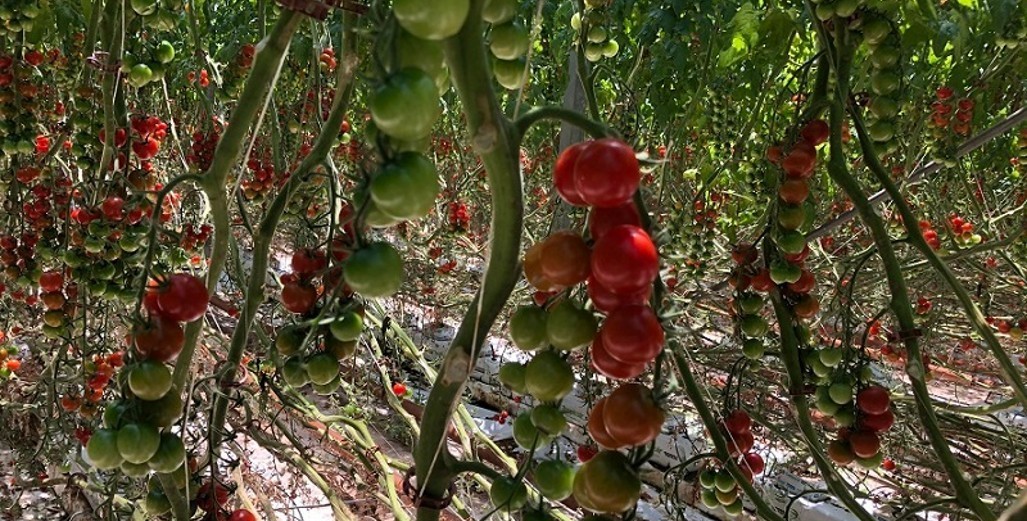
Is it only a matter of time?
Last week I was discussing the recent Tomato Brown Rugose Virus (ToBRFV) scare, the tomato industry had in December, with a colleague. Tests carried out in Europe indicated a positive result in a small number of seeds grown in NZ. It does appear we escaped a massive bullet as no fruit had been picked or sold, and all the plants in question were safely disposed of according to MPI. The chance of spread was also very low risk as the further testing in NZ, to my knowledge, did not indicate a detection of the virus.
My colleague was surprised to hear that ToBRFV is not present in New Zealand. It may be good fortune we still do not have it in NZ, but our luck could run out. The most likely way it will come into NZ, in his opinion, is via seed importation. The only way to minimise the risk (or at least try to) is to stay on top of all the processes. I believe we do have strict importing processes and all of the major commercial seed companies have excellent protocols in place that follow mandatory government regulations. Remaining vigilant and crossing the t’s and dotting the i’s is vital to keep this nasty virus out. Commercial growers are 100% dependent on imported seed, without it we don’t have a viable industry.
Are we prepared enough if the worst happens?
If the virus does become an issue in NZ the most important step for growers is to protect themselves by having strict hygiene measures. To be fair, many growers in New Zealand already have adequate hygiene protocols but on the other side of that coin, and to be brutally honest, some of the hygiene levels I have witnessed leave me scratching my head. For ToBRFV water treatment (dosing), surface disinfection and fogging should be used as seperate treatments as part of hygiene protocols (in the culture and at crop rotation).
Greenhouse to Greenhouse Super Spreaders:
1: Picking crates and pallets
The unavoidable challenge is the shared crates many growers pick and pack into. Not many growers use single use boxes or cartons, as many growers in Australia do, as an example. Crates, if not cleaned to the guidelines for ToBRFV, make the possibility of containing an outbreak very difficult.
2: Contract Staff
Employing contract staff for busy periods is very important and used by many companies. I used contractors for those exact reasons and without them it would have been very difficult to efficiently run my business. However, contract staff moving between properties pose a huge risk for any disease outbreak, including potentially spreading Bacterial Canker, which already poses a threat.
Below is an article I have previously written with some advice, from a large supplier, on how to combat ToBRFV. I decided to publish this article because if we become complacent then we may not be well prepared for an outbreak.
https://royalbrinkman.com/knowledge-center/crop-protection-disinfection/diseases/combat-tobrfv
news/post/strict-protocols-needed-to-prevent-tobrfv/
Experience with Pepino Mosaic Virus:
While working in England, in 2007, the greenhouse company I was employed by had several greenhouses infected with Pepino Mosaic Virus (PepMV). PepMV was a major issue at the time, in England and Europe, and could severely effect tomato crop production. To minimise the risk of spreading PepMV to adjoining houses no one was allowed to enter a house that was infected or not infected without changing into new protective suits and gloves each time. There was no mixing of tools, picking crates were dedicated to each individual greenhouse. Crop workers were assigned to their own houses to limit the risk of transferring PepMV. Crops were grown organically and conventionally on the property in soil or via substrates, the same high hygiene protocols were expected in every situation. It was not 100% perfect but it was taken very seriously as the financial consequences were severe.
Article written by Stefan Vogrincic
All Article’s checked and edited by Marie Vogrincic
I appreciate your comments. Please feel free to comment on the grower2grower Facebook page:
CLASSIFIED
Subscribe to our E-Zine
More
From This Category

Calling on suppliers to do the right thing (Hygiene)

Botrytis Alert: Key Strategies to Minimize Losses

Blight Hits South Auckland – One Grower Severely Affected
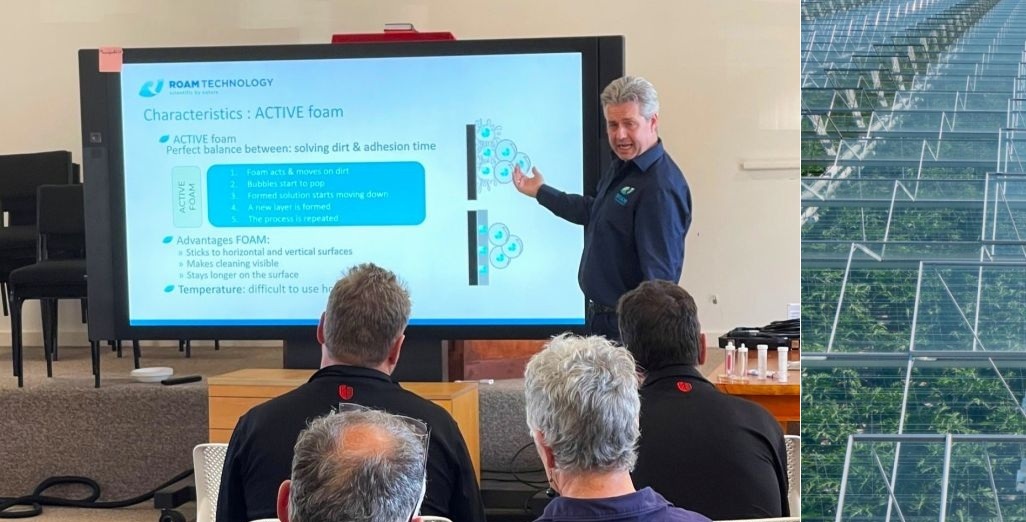
Roam presentation on hygiene protocols for greenhouses and biosecurity, Pukekohe, New Zealand
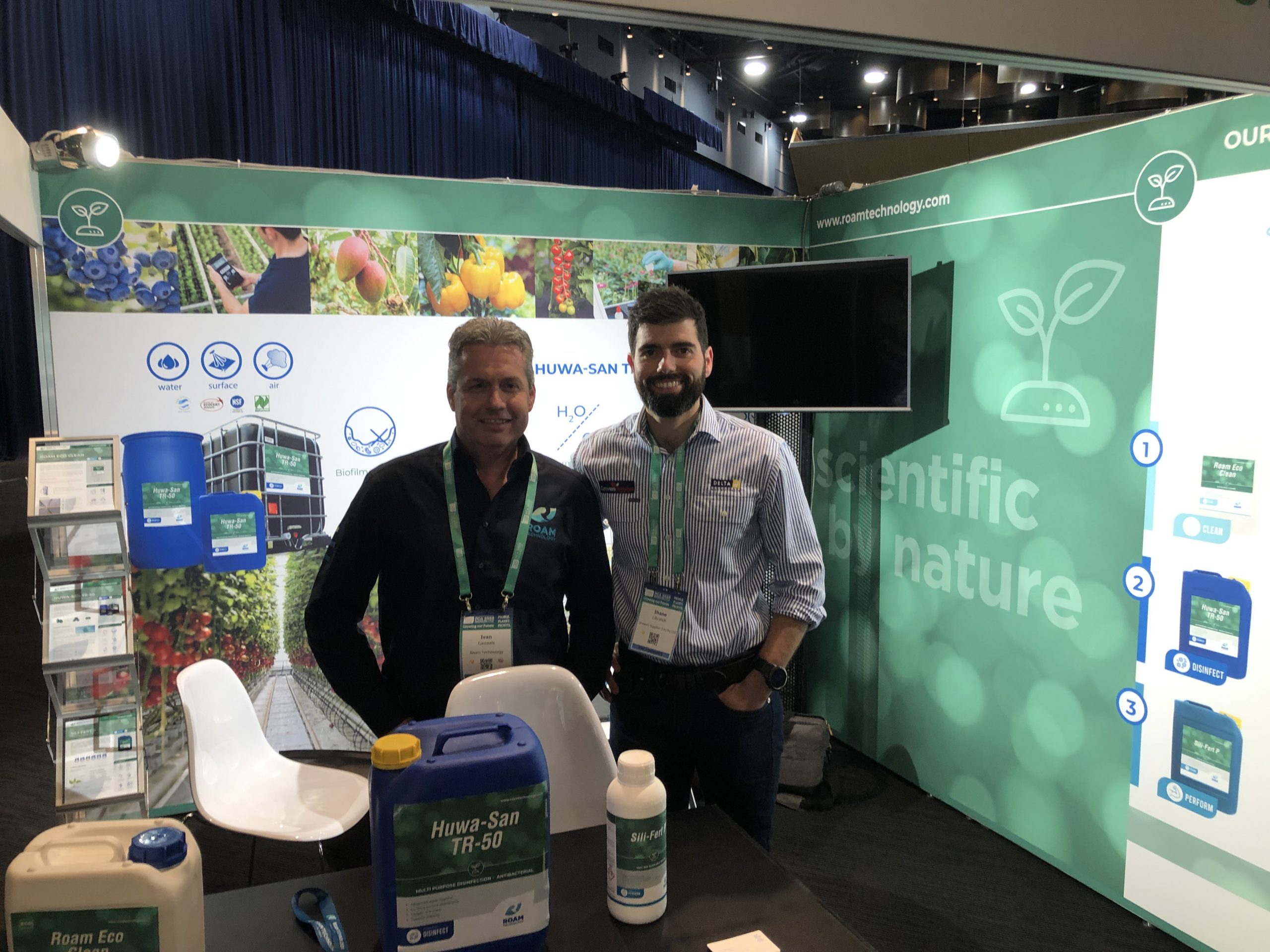
PUKEKOHE WORKSHOP 26th February: Strengthening Biosecurity to Prevent ToBRFV in New Zealand
